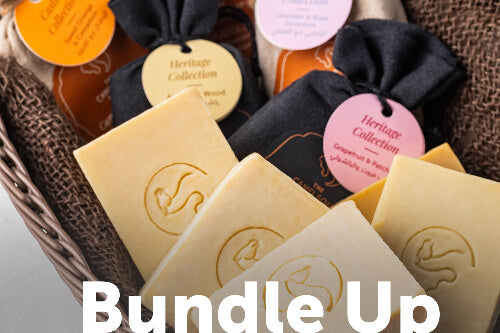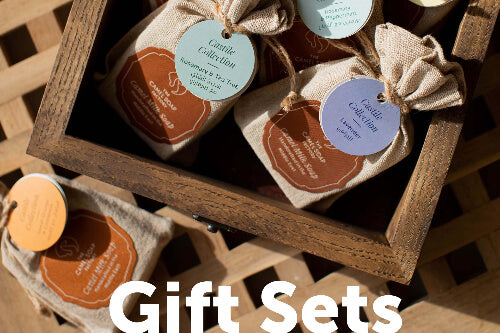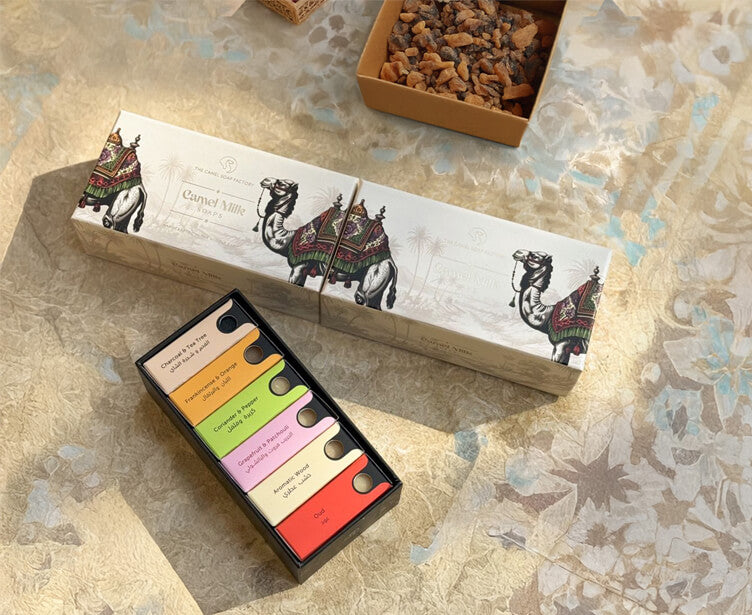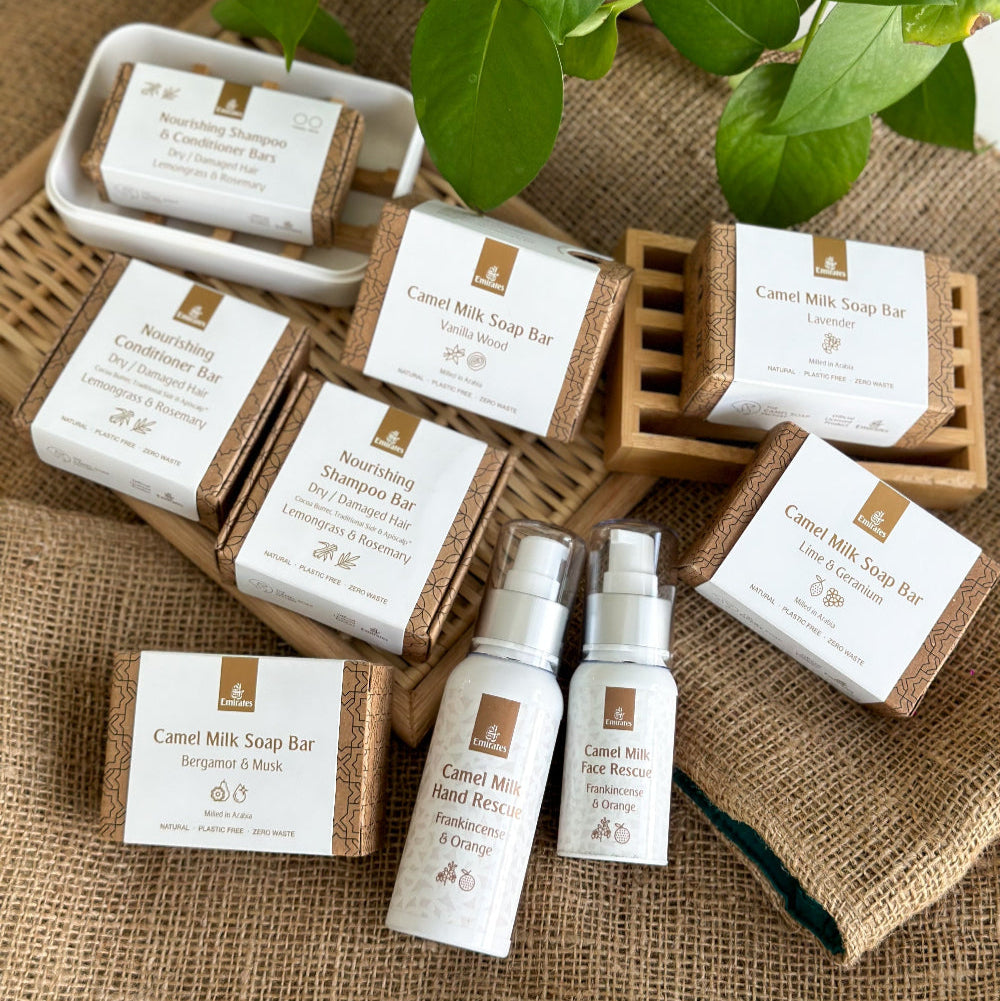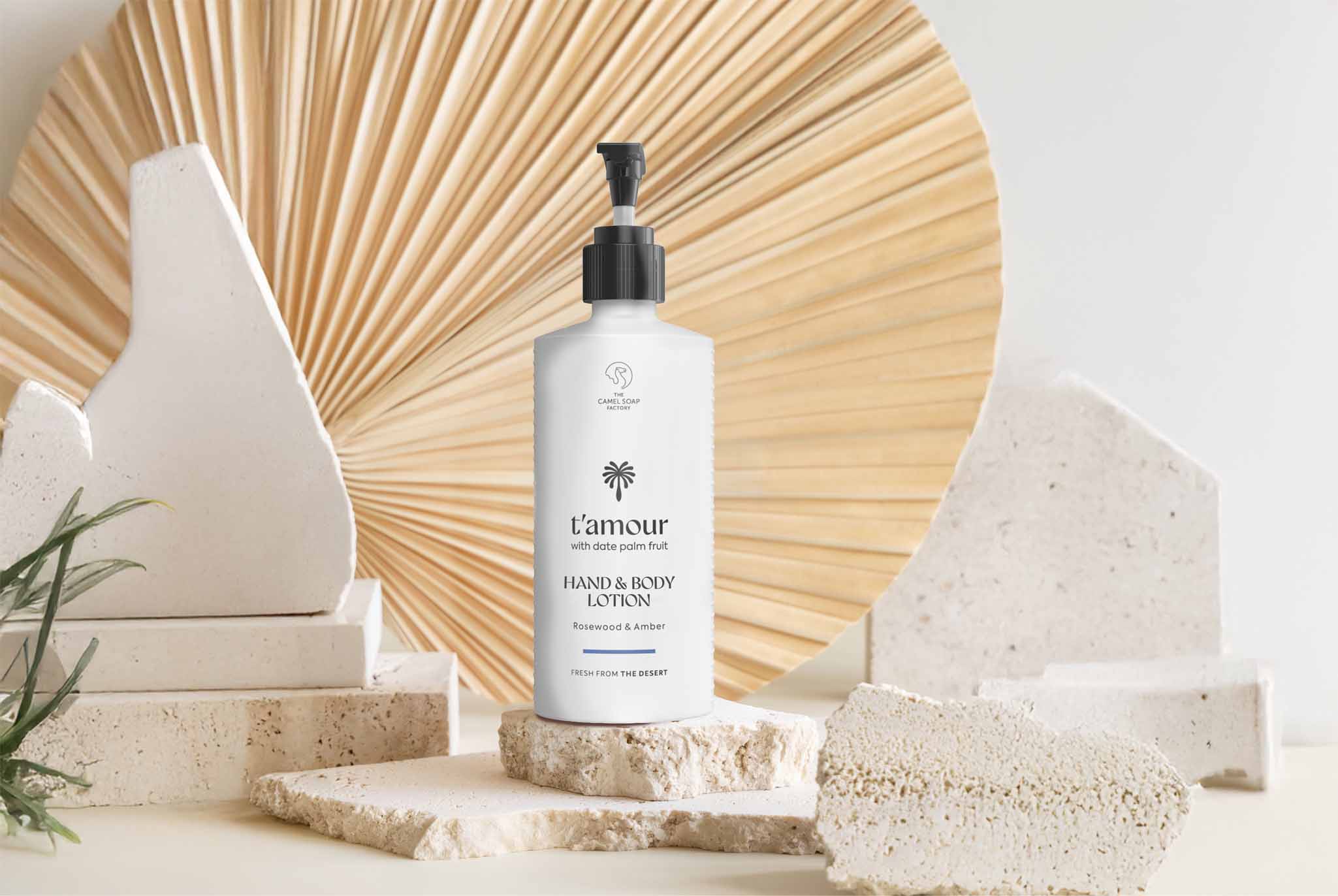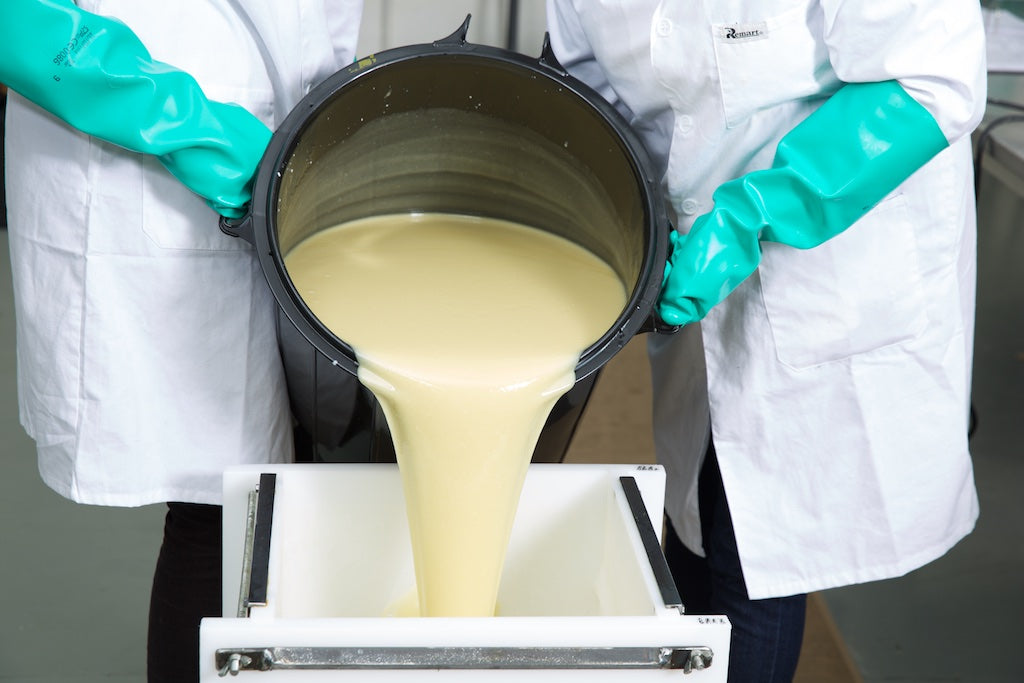Achieving the Halal certification means a lot to us for a number of different reasons.
Halal is an Arabic word that translates to ‘permitted’ or ‘lawful’. In the Quran, the word halal is contrasted with the word haram (forbidden). Halal certifications allow Muslim consumers to be confident that the products they use are in alignment with their culture and beliefs. But to be honest, the Halal certification has positive implications for all consumers.
Whilst Muslim consumers are awakening to the reality that the skin – and what we apply onto it – needs careful attention, many non-Muslim consumers are now associating halal with ethical consumerism. The appendage of “halal” is not just a guarantee that the product is permitted for Muslims. “Halal” has become a global symbol for lifestyle choice and quality assurance.
Halal is not just limited to avoiding ingredients derived from pork, dead animals, blood, alcohol etc. Halal embodies Islamic principles from production to packaging. Halal compliance of cosmetics is basically applied across the entire supply chain, which ranges from the sourcing of ingredients (so that they don’t contain any traces of non-halal materials), to manufacturing and transportation/distribution.

The easiest way to think about it is to imagine all the different labels that come to mind when thinking of an ethical product; fair trade, cruelty-free, environmentally friendly and no false claims/information on the labels, giving you peace of mind that what you are consuming will not comprise any of the principles you stand for as Muslim or Non-Muslim and is of the highest quality possible.
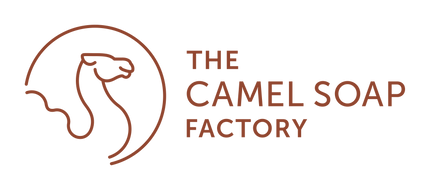
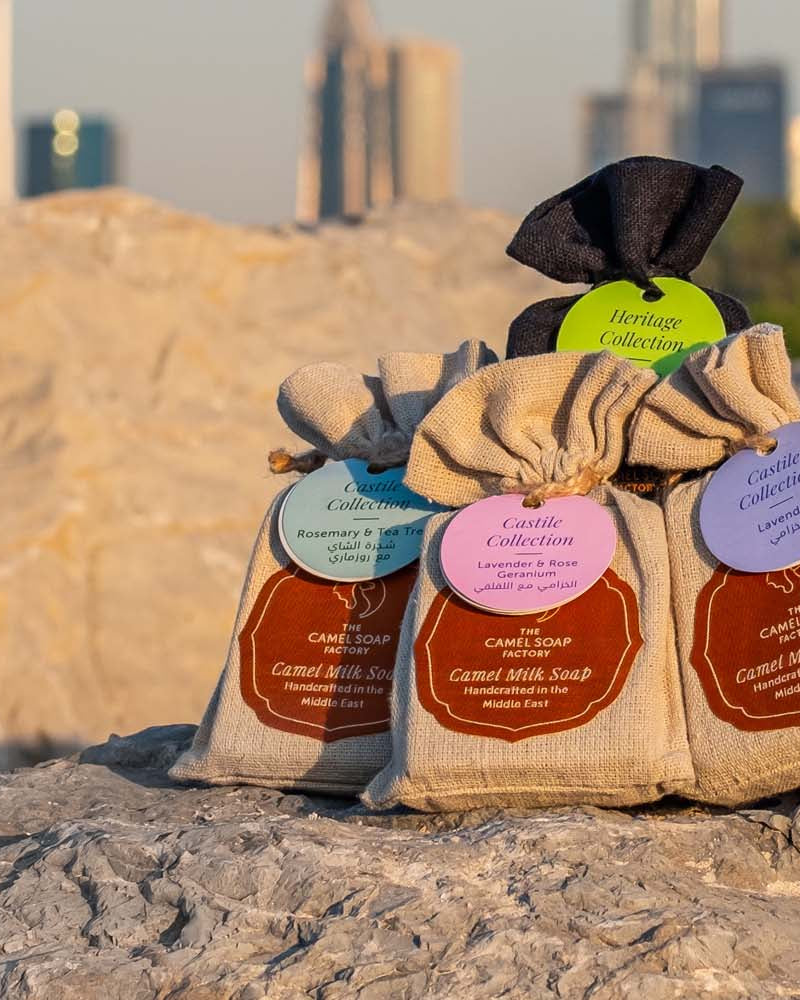
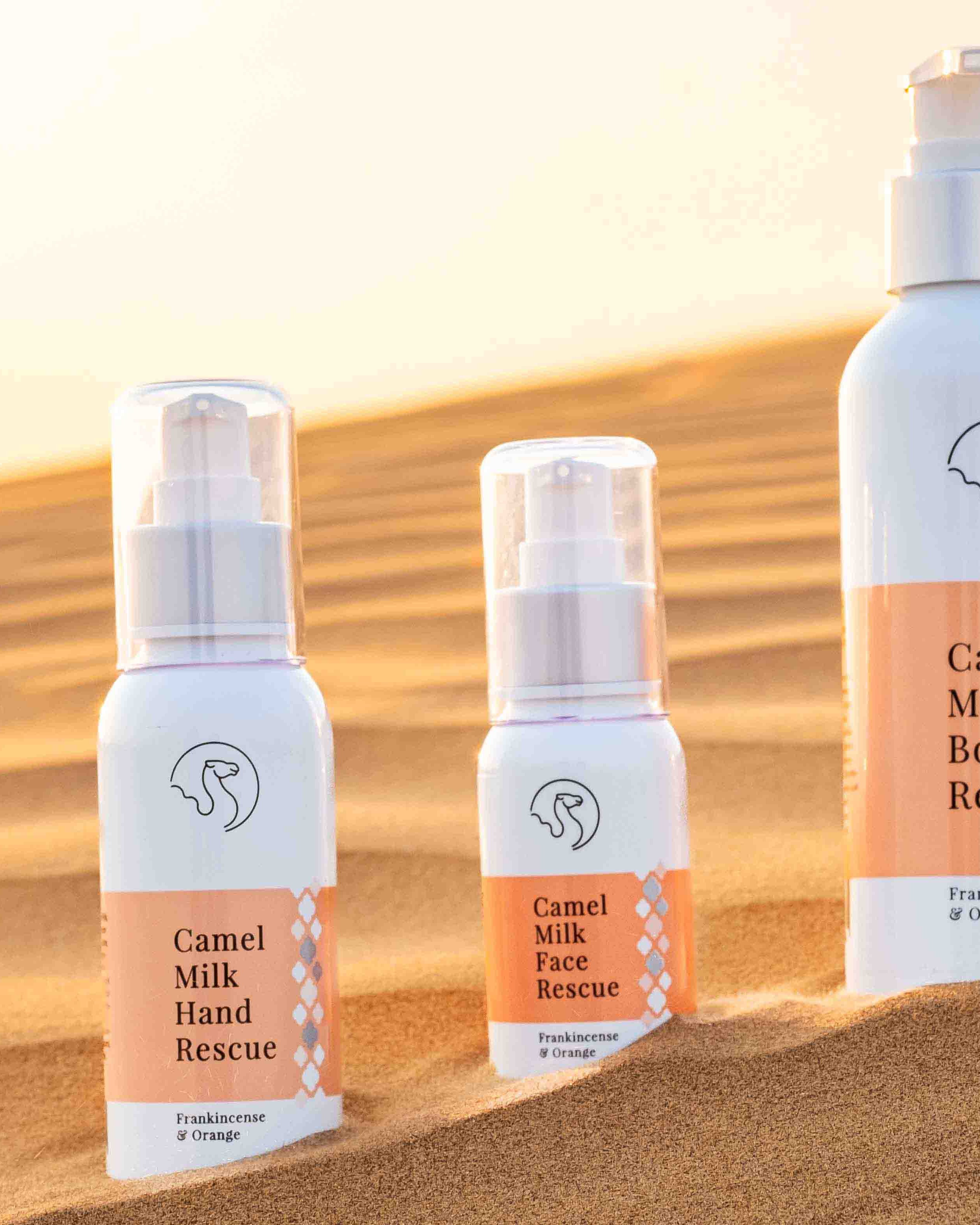
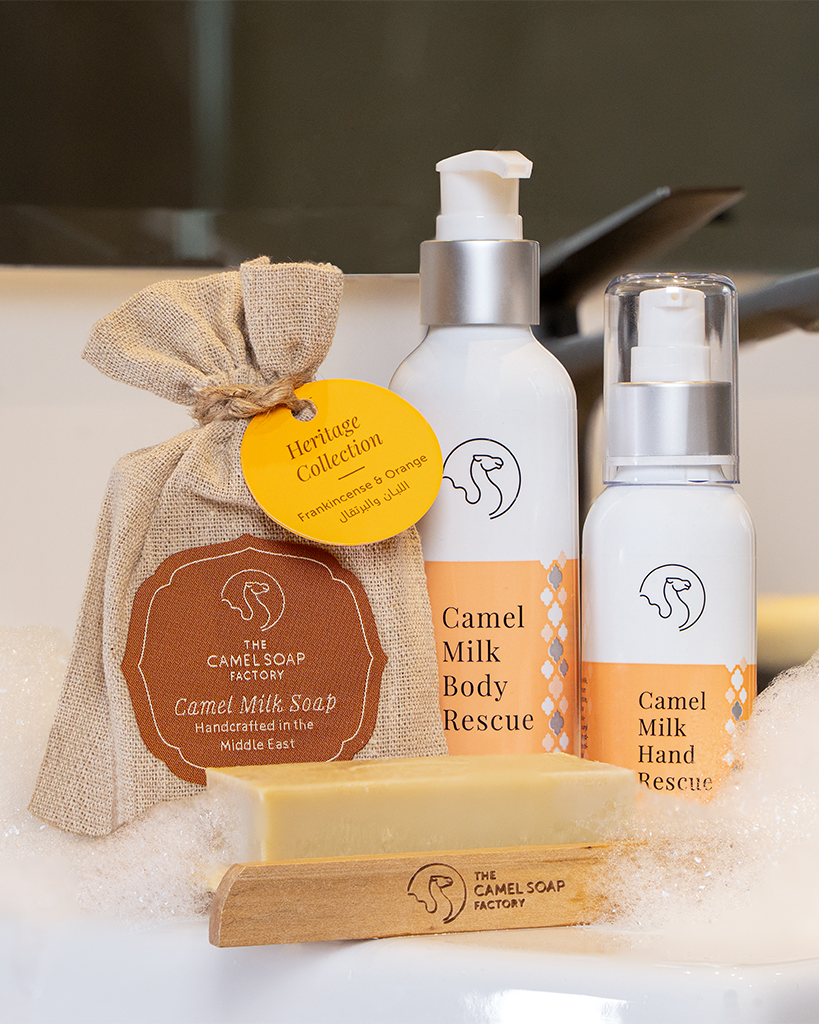

 1,837.50
1,837.50
